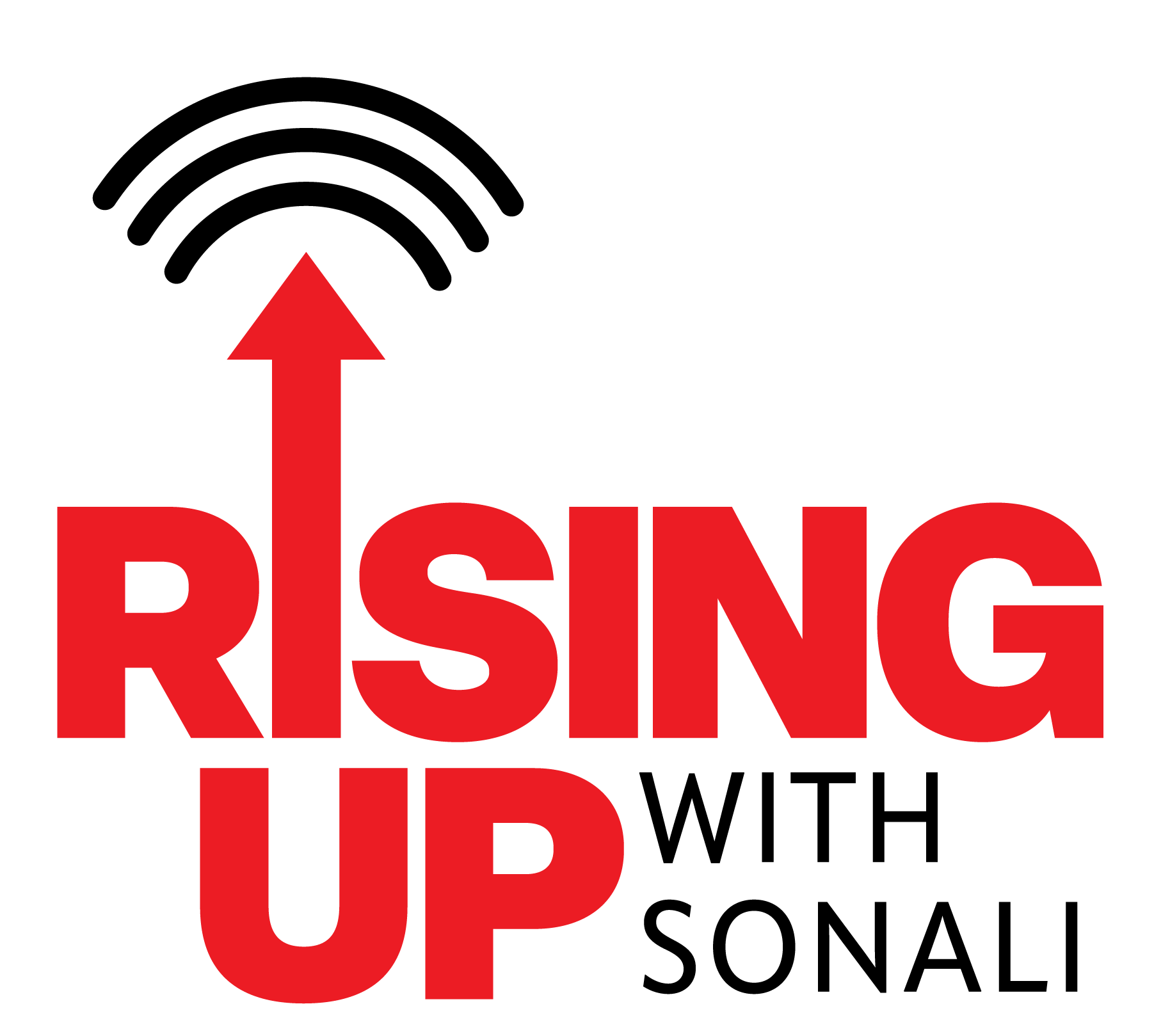Is Fake News To Blame For Trump’s Win?
Listen to story:
Download: mp3 (Duration: 24:10 — 22.1MB)
FEATURING MARA EINSTEIN – In the on-going quest to make sense of Donald Trump’s electoral college win, many have fixated on the prevalence of so-called “fake news.” These are reports by blogs, dubious websites calling themselves news, that have sensationalist headlines often with entirely made-up stories that encourage clicks and shares. There is a serious financial incentive to write such stories – the more they freak people out, the more ad revenues the writers collect.
But the consequences can be grave. The Washington Post recently interviewed one such fake news writer who felt it might partly be his fault that Trump was elected. He confessed to making up a story about pro-Clinton protesters being paid $3,500. That story was picked up by Trump’s campaign chief and passed around as fact. According to the fake news writer, “My sites were picked up by Trump supporters all the time….His followers don’t fact-check anything — they’ll post everything, believe anything.”
Facebook, which is the main platform on which fake news gets shared has promised to install a process to crack down on fake news. But is that the right approach?
Mara Einstein, professor of media studies at Queens College, City University of New York, and an independent marketing consultant. She has been working in, or writing about, media and marketing for more than 25 years, and been an executive at NBC, MTV Networks, and at major advertising agencies. Her latest book is Black Ops Advertising: Native Ads, Content Marketing, and the Covert World Of the Digital Sell.
